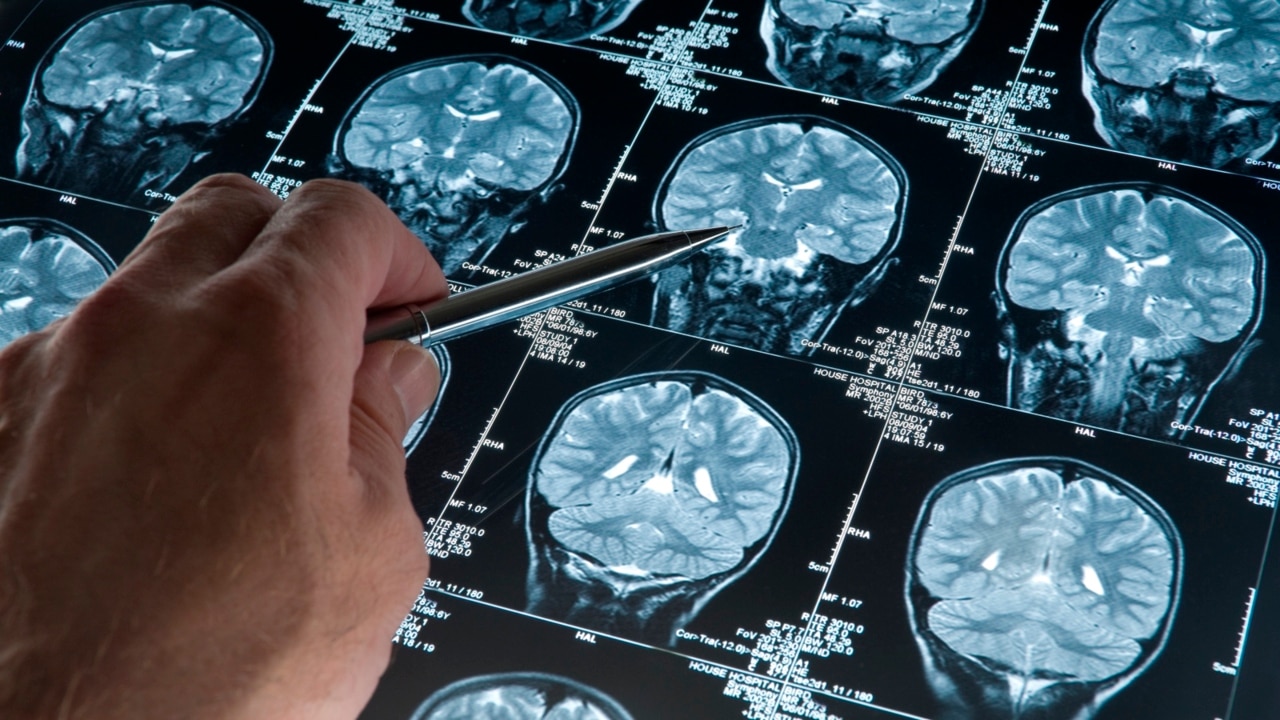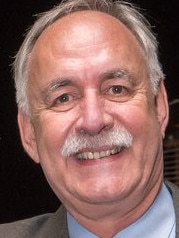UCLA scientists unveil potential pill treatment for Alzheimer’s
Scientists at UCLA have restored brain function lost to Alzheimer’s disease in what may prove a massive medical breakthrough.

Scientists have restored brain function lost to Alzheimer’s disease in what may prove a massive medical breakthrough.
Medical researchers at the University of California in Los Angeles have unveiled a potential treatment for the devastating disease that requires no surgery and could be taken as a pill or a syrup.
“There is really nothing like this on the market or experimentally that has been shown to do this,” said UCLA neurology professor Istvan Mody, the lead author on the study.
The next steps will involve raising financing to develop the treatment and, in due course, human trials, Professor Mody said.
“We are in the process of getting investors interested in our project and its road to human applicability so that ... real patients can benefit from our discovery,” he said.

While it may be years before any cure is available for those suffering from the disease, the breakthrough holds enormous hope in the battle against a growing and crippling pandemic, especially for those most at risk.
About 6.5 million Americans are thought to be suffering from Alzheimer’s and up to one in 10 Australians.
Worldwide, an estimated 55 million people had the disease in 2020 and the figure is expected to hit 78 million by 2030.
The breakthrough at UCLA involves a synthetic molecule, called DDL-920, which can stimulate and reactivate neurons that have been damaged by the disease.
This is an enormous leap forward from current treatments, which focus on slowing the progress of the disease but are unable to reverse any damage.
The research at UCLA, as is common for that of Alzheimer’s and other brain diseases, involved mice, whose brains share many key features with human brains.
Using selective breeding, researchers bred mice that have the key genetic mutations most associated with Alzheimer’s and which quickly developed the disease.
They gave the new treatment twice daily for two weeks to some of the mice, gave a placebo to others, and included a third group of mice in the experiment that had not been selectively bred and didn’t have the disease.
Then they put all three groups of mice through a standardised memory test known as a Barnes maze, where they have to remember how to find their way through a maze to an escape hole.
The mice with Alzheimer’s that had received the placebo performed poorly.
The mice with Alzheimer’s that had received the treatment? They crushed it – performing nearly as well on the test as those that didn’t have the disease at all.

The treatment involves stimulating neurons in the brain to produce key electrical signals, known as gamma oscillations, that are common in healthy brains and not in the brains of those suffering from Alzheimer’s.
“We reversed ... functional damage, the reduced gamma oscillations and the diminished memory function,” Professor Mody said. “We have not examined any structural alterations in the brain,” he said.
Progress in discovering treatments or cures for Alzheimer’s and other forms of dementia has been painfully slow across the board.
Last year, the US Food and Drug Administration approved lecanemab, a drug developed by Biogen and Eisai and marketed as Leqimbi, as the first major new treatment in a generation.
It can be effective at slowing the progress of the disease, but it doesn’t stop it – and it certainly doesn’t reverse the damage.
THE WALL STREET JOURNAL





To join the conversation, please log in. Don't have an account? Register
Join the conversation, you are commenting as Logout